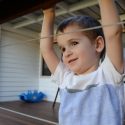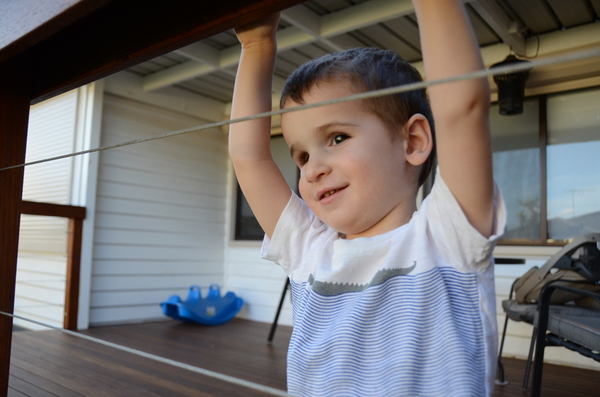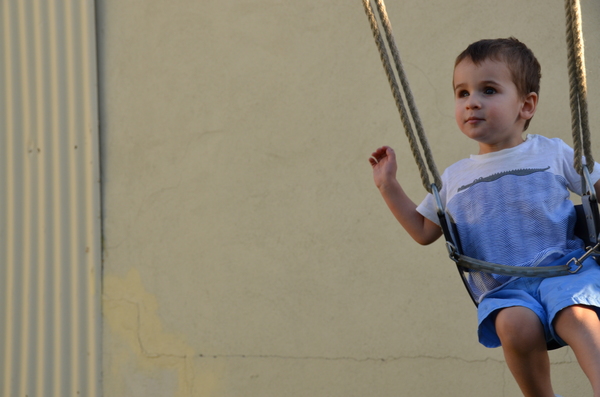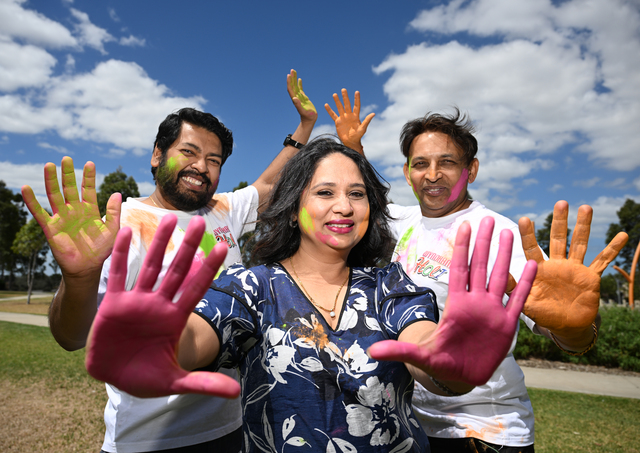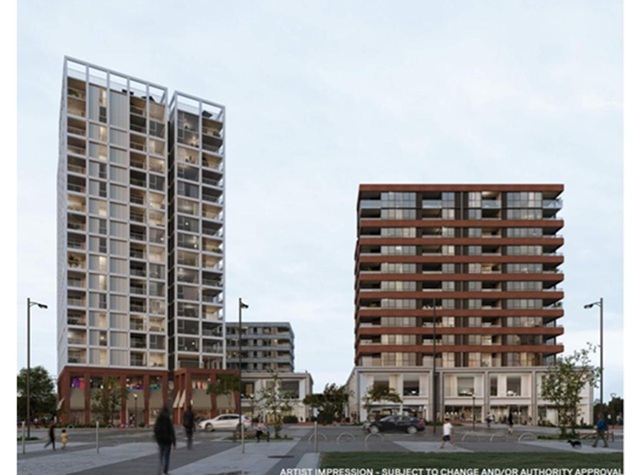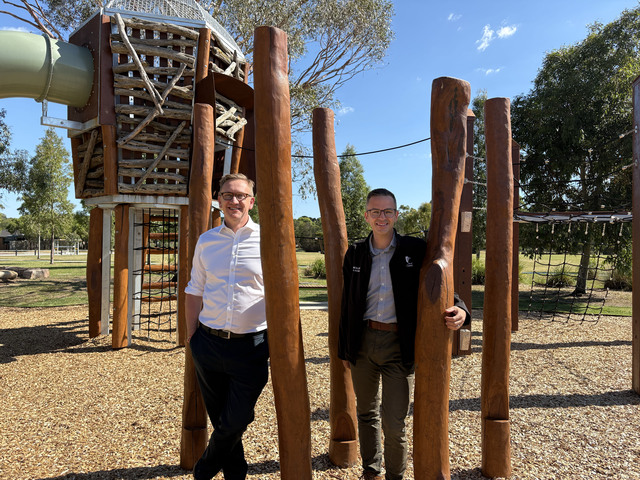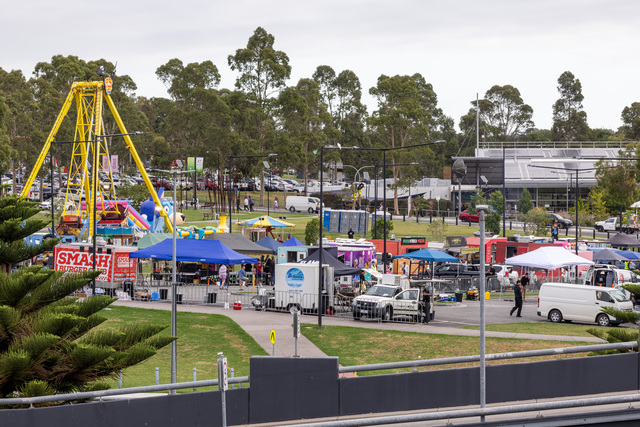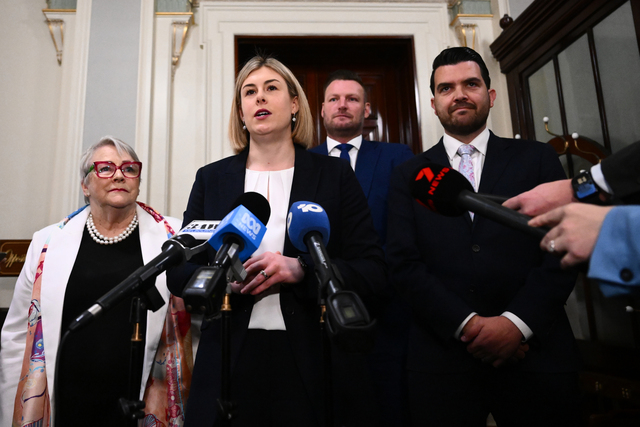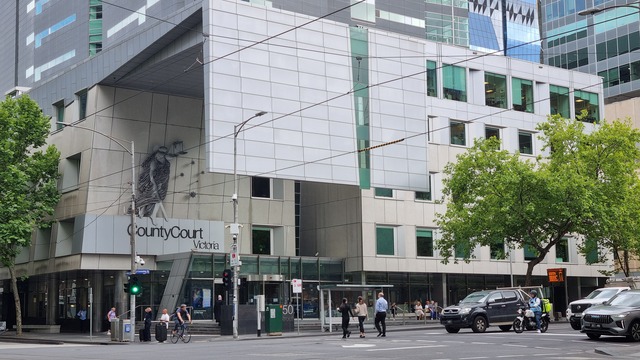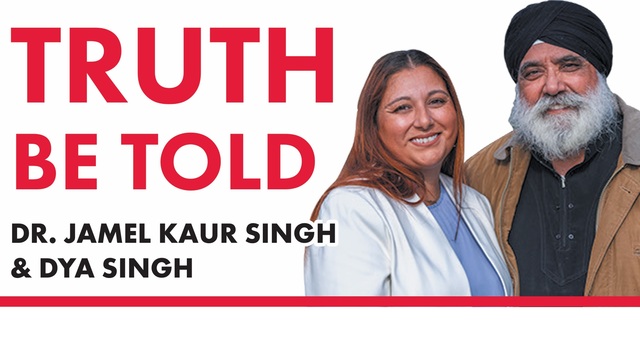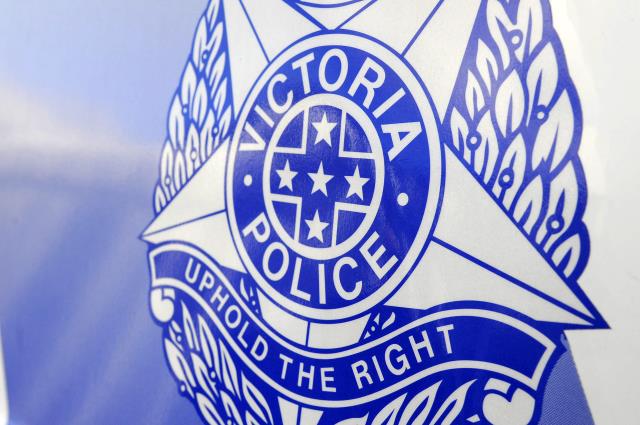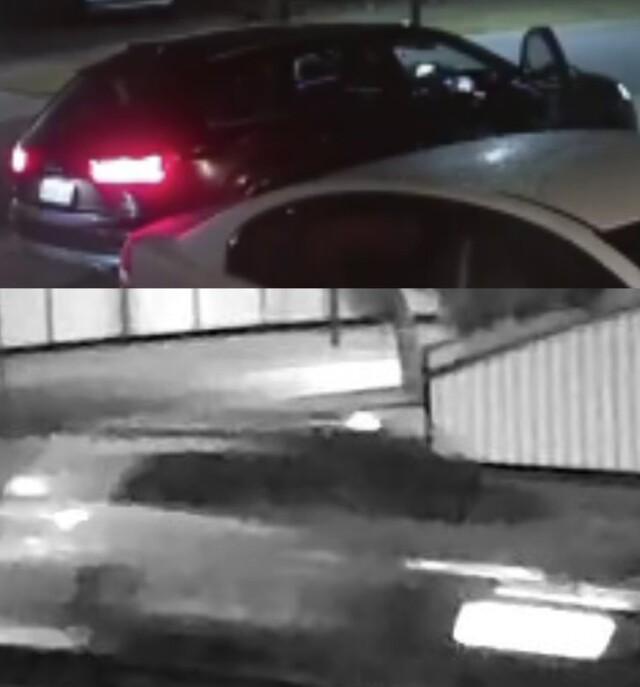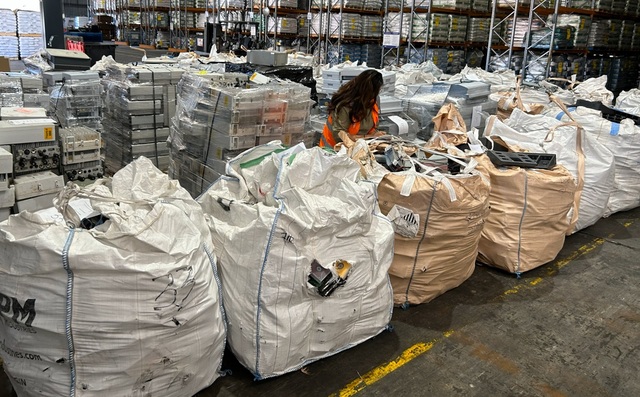By Casey Neill
Pedro Kalimnakis is one in 93.6 million – that’s four times the population of Australia.
The Noble Park toddler was born blind, autistic and with a possible intellectual disability.
He could start to lose his hearing from his third birthday, in six months.
These are all symptoms of Norrie disease.
Pedro is one of 400 people in the world with the genetic condition. Only 20 per cent of sufferers have the same severity.
“He used to scream for hours upon hours,” mum Radmila Kalimnakis said of Pedro as a newborn.
He wasn’t meeting his milestones but doctors dismissed their concerns.
When he was eight weeks old Radmila and husband Peter took Pedro to the emergency room and soon found themselves at the Royal Children’s Hospital.
Glaucoma had been causing pressure in Pedro’s eyes – that’s why he’d been crying out in pain.
Both his retinas were detached and he had no light perception or vision.
“He used to sleep all day long. He didn’t know night or day,” Radmila said.
A blood test later confirmed Norrie disease.
“That was the worst, worst case scenario. That was the worst possible disease he could have,” she said.
Radmila was devastated to learn that she carried the disease, which is in the X chromosome.
“I had no idea,” she said.
Women have two X chromosomes, so Radmila’s body overlooked the faulty X and used the healthy one.
Men have one X and one Y chromosome, so Pedro’s body couldn’t ignore the faulty gene.
Against the odds he started walking in January and with intensive applied behaviour analysis (ABA) therapy at not-for-profit Abacus Learning Centre in Hastings his vocabulary is growing.
“He’s gone from being completely non-verbal to now being able to request items,” Radmila said.
“I was overjoyed.”
He’s mastering new tasks, like placing a block in a box, responding to the question ’what is your name?’ and transitioning between activities.
Pedro’s autism makes him a fussy eater, so Radmila and Peter constantly struggle to boost his weight and keep him off a feeding tube.
He was diagnosed as failure to thrive from an early age.
He’s now learning to use a cane to increase his mobility.
“We adore him,” Radmila said.
“We’ll do whatever we can to make his life better.”
That included reaching out to the Rotary clubs of Springvale and Noble Park.
Large steps created a dangerous entry from their home into their back yard.
“We couldn’t afford to fix it,” Radmila said.
“Pedro was getting more and more independent.”
So the Rotarians paid for the materials to build a deck.
“He can come outside and play here and we don’t have to worry about him,” Radmila said.
“They’ve been incredibly supportive.”
Pedro will soon start in the Monash Special Developmental School (SDS) early education program.
Radmila and Peter introduce him to different environments and experiences and celebrate every step forward.

